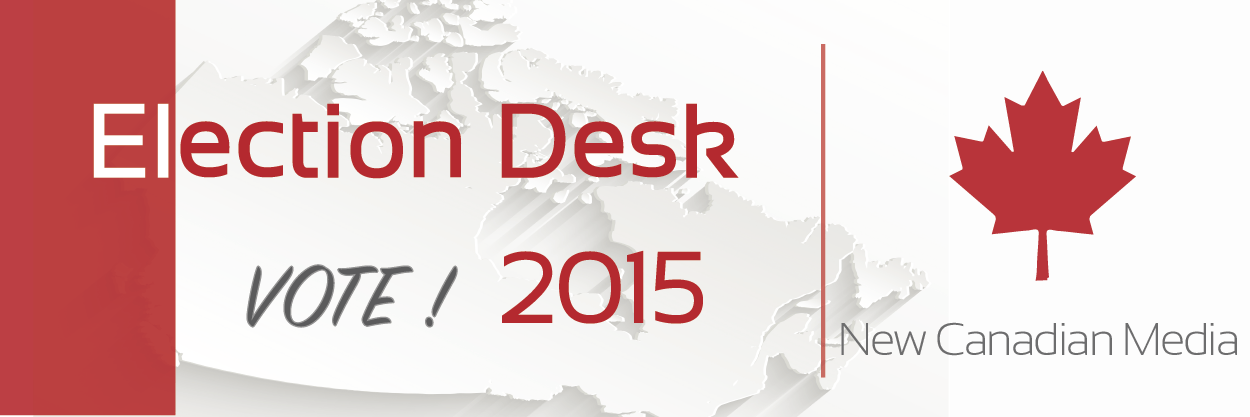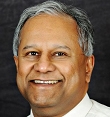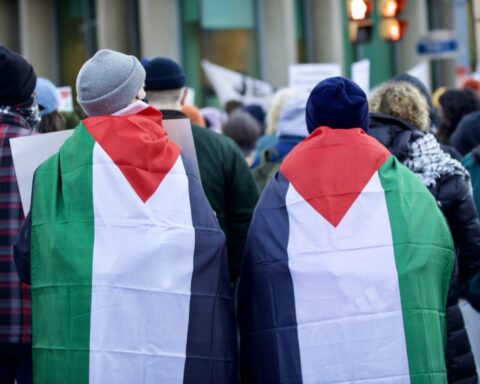 A Liberal government will make family reunification one of its core immigration priorities along with renewing and expanding the refugee program.
A Liberal government will make family reunification one of its core immigration priorities along with renewing and expanding the refugee program.
Party leader Justin Trudeau said immigration is critical to job creation and long-term economic growth for the middle class during a campaign stop on Friday in Ontario’s Brampton Centre – a riding with a high population of new Canadians.
“Making it easier for families to be together makes good economic sense,” Trudeau said while unveiling a number of steps his government would implement to revamp current immigration policies.
The steps include doubling the number of applications allowed for parents and grandparents to 10,000 each year and doubling the budget for processing them; providing greater access to applicants who have Canadian siblings; restoring the maximum age for dependents to 22 from 19; and giving spouses immigrating to Canada immediate permanent residency by dropping the current two-year waiting period.
“An Indian family reuniting now would have applied at our New Delhi office in April 2009. This is just not acceptable.”
“The Harper Conservatives froze family reunification applications for two years, then made the rules so rigid that people now don’t even bother to apply,” Trudeau said. “Wait times are five to six years and more. An Indian family reuniting now would have applied at our New Delhi office in April 2009. This is just not acceptable.”
‘Super visa a poor substitute’
The freeze on the family reunification category of immigration began in 2011 with a temporary moratorium on new applicants to deal with a huge backlog of applications.
In the interim, the 10-year “super visa” was introduced to allow family members of some new Canadians to stay in the country for up to two years without availing any welfare benefit from the state, including health care.
Though billed as a temporary measure, the super visa program was made permanent in 2013.
Asked why revoking citizenship of convicted terrorists is a bad thing, Trudeau said making such a distinction is problematic and take us down a “very, very, slippery road.”
Trudeau said the super visa program was a poor substitute for family reunification. The partisan crowd of supporters and Liberal candidates from the Greater Toronto Area (GTA) gathered around him agreed with a loud “no” when he asked them their opinion about the program.
The Liberal leader said his government would repeal the unfair elements of Bill C-24 – the Strengthening Canadian Citizenship Act – because they lead to a two-tier form of citizenship. “No elected official should have the right to revoke citizenship. A Canadian is a Canadian is a Canadian.”
Asked why revoking citizenship of convicted terrorists is a bad thing, Trudeau said making such a distinction is problematic and take us down a “very, very, slippery road.”
“[The] idea of imposing a radically different penalty on whether or not your father was born in Canada, it goes completely against rule of law, and respect for justice.”
Trudeau said people with conservative values, who are wary of an interventionist state, should be alarmed by the power Bill C-24 gives elected officials.
Pathway to citizenship
On easing the pathway to Canadian citizenship, including reviewing the recently increased application fee of $630, Trudeau said his government would tackle these issues “in a responsible way.”
He said the residency time credit for foreign students and other temporary residents applying to become Canadian citizens would be restored along with changes to the Canadian Experience Class that would lift barriers to immigration imposed on international students.
Trudeau said a Liberal government would renew and expand a safe, secure and humane refugee program for Canada beginning with fully restoring the interim federal health program.
Trudeau said his government would remove visa restrictions imposed on Mexican citizens, and look at the implications of phasing them out for citizens of several other countries as well. The restrictions on Mexican citizens were imposed in 2009 after a sharp increase in the numbers of asylum seekers from that country.
“Although we are part of the NAFTA [North American Free Trade Agreement], the Harper government has soured our relations with the U.S. and Mexico,” Trudeau said and promised to eliminate inconveniences and costs for Canadians and Canadian businesses caused by immigration roadblocks.
On the refugee file, Trudeau said a Liberal government would renew and expand a safe, secure and humane refugee program for Canada beginning with fully restoring the interim federal health program.
The other steps include establishing an expert human rights panel for determination of designated countries of origin; giving citizens from these countries the right to appeal refugee decisions; and stopping the appointment of people without subject matter expertise to the Immigration and Refugee Board of Canada.
Ranjit is a Toronto-based writer with interest in Canadian civic affairs, immigration, the environment and motoring. Maytree and Al Jazzera English alumnus.





